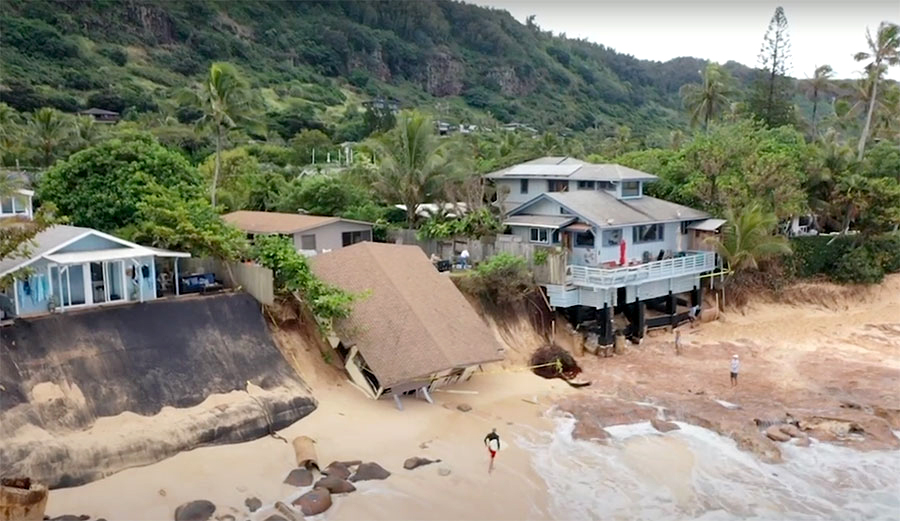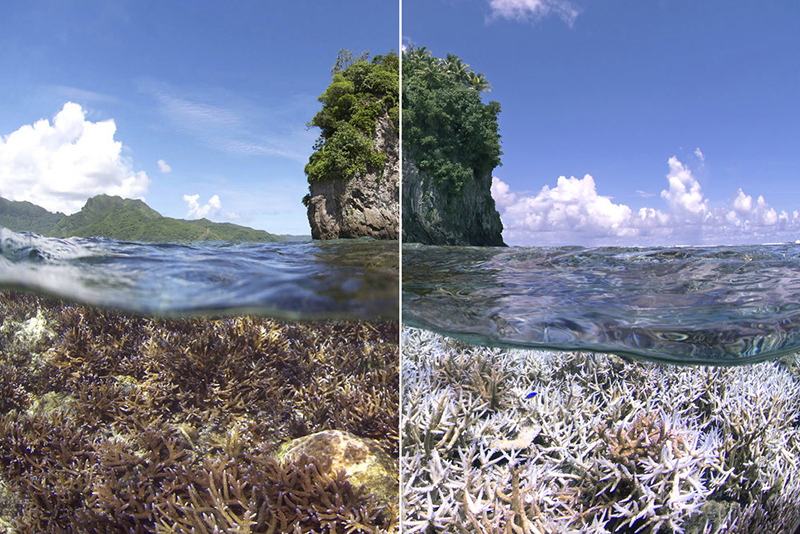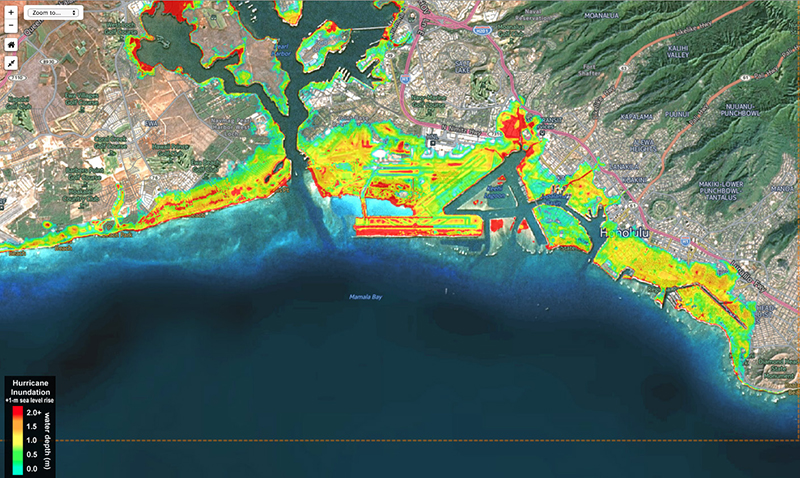
How we can help mitigate climate catastrophe, conserve energy usage, and reduce energy cost
UHM spends $40 million annually on energy usage, of which air conditioning (AC) accounts for 60%.
1. Keep windows and doors closed while AC is on. Otherwise, AC has to work harder to account for the loss of cooled air. If you see a door or window propped open, close it.
2. Share household appliances. Remove personal mini-fridges, space heaters, air purifiers, etc.
- Refrigerators are on 24/7 and draw an incredible amount of energy. For most homes, it is the single load that drives energy bill. MORE about MINI-FRIG the Killer of the Planet
- Space heaters cause AC to work harder to cool the room, often resulting in tripped circuit breakers. If it is too cold in your office, ask your Building Coordinator to submit a Work Request. Work requests are tracked, managed, and monitored, providing an important tool to identify cold spaces. The University’s incremental goal is to designate buildings for dedicated usages, separately needs for creature comfort, for specialized equipment, and other preservation needs.
- Do not use personal air purifiers. AC are required by code to meet the Department of Health’s standards. If the air quality is in question, contact the Environmental Health and Safety Office (EHSO) at 808- 956-8660 so they can take action.
- Turn off coffee pots once the coffee is brewed. Use a thermos to keep coffee warm.
3. Replace equipment with Energy Star products (refrigerators, microwaves, monitors, printers, lab equipment, etc.) to ensure the lowest energy usage.
4. Turn off lights, fume hoods, etc. when not in use.
As of 2023, “Cloud storage has a greater carbon footprint than the airline industry. A single data center can consume the equivalent electricity of 50,000 homes.”
5. Minimize reliance on cloud storage. MORE INFORMATION
6. For social events, use washable cups and plates, and large beverage dispensers instead of plastic/single-use plates, cups and bottles.
7. Refrain from producing plastic swag for promotion & recruitment.
With the same goals in mind, the University is actively working to:
1. Decrease 24/7 AC Buildings except for those designated for special usages.
2. Consolidate special use facilities (e.g. labs) into fewer lab buildings and lab spaces.
3. Co-locate occupants or events that require weekend or after hours AC.
4. Re-locate server farms into Information Technology Center Building.
5. Isolate rare books, instruments, art and other artifacts that require climate control to dedicated spaces.
[This webpage was created in consultation with the UHM Office of Sustainability]
Debra Fischer is a Professor of astronomy (Yale University) who has spent her career searching for other planets. “My research, my job, is to find planets orbiting other stars,” she says. “And I often get the comment, ‘Oh, good, you’ve just found another planet that we can go to.’ And I want to emphasize that there is no planet B for us.”


College Office Hawaiʻi Hall, Room 314 [map]
2500 Campus Road, Honolulu, Hawaiʻi 96822
Office Hours M-Th 7:15 AM – 4 PM
(808) 956-6460 / CALLinfo@hawaii.edu / CALL WEEKLY (past issues + subscribe link)
